Dear Friends,
There was word midweek that we might get a touch of snow come sunrise on Thursday. I went to bed on Wednesday hopeful in the way a schoolgirl is hopeful that the waking day will be made magical by the magic of snow. Wittgenstein’s quote went to bed with me. Whereof one cannot speak, thereof one must be silent.1 For weeks, words have slipped from my reach for them as reflective meaning makers. In the early wake of Helene, I walked around words, or words walked around me, I don’t know. But in this inner hush, I have of late wondered, especially in November, about the human proclivity to so quickly opine about matters that worry our need for certainty. Was it Meister Eckhart who bade silence so that words might form in the heart?
Some days ago, I wrote this in my journal.
Words unformed sit in wait at the bottom pause between two breaths in a deep-sleep dream you may not wake from. The birds stopped singing for days. Why interrupt their silence? The raw pulp trees twisted and broken over, if you paused before them, you would hear their last sigh across the air we’re still breathing. And the root webs, upside down on top of the ground, if you were to lie down beside them, you would feel life’s pulse punctuated by the murmuring beneath them, their veins seeing the light of day as their life goes dark.
Millions died that day across these ancient mountain ranges. By one estimate, the number of trees that fell during Helene was over 41,000,000. That’s in the forests alone, not the cities swept into ruin.
As trees lay dying across mountainsides and riverbanks, on roads and in parking lots, in back and front yards and parks, along street walks with the rusted iron grates upended, persons were searching night and day for persons, and persons were rushing to persons on rooftops just inches above rushing water, and persons were grabbing dogs off car tops and cats off tree tips, and children, pray God, went clutched in the crook of the elbow. And when the storm had passed and the clouds, too, then came persons asking persons are you ok? And what do you need? It was only natural it didn’t matter what color or creed or whether those in search or those searched for would vote red or blue. What mattered was life and death and nothing else.
The pen stopped.
Then came Wednesday, November 6 and the results of the 2024 election and oh, the outrage and oh, the vainglory, and no sooner the newsy opining about who was to blame and who was to be cheered and friends unfriending friends because they heard how they voted and how could you?!
But then came concentric circles of humanity right here amongst all of you and others, too, opining not at all, rather conversing about the impenetrable silence of haunting loss; unfolding details about how last week’s poem, “Kindness,” penned itself while a bride sat frozen at a plaza; searching through pain and sorrow to be greeted by otters and the setting sun; wondering about faith and doubt in the prayer of St Francis. You wrote about war-era survivor’s guilt and bodies burning in a thatched roof hut. You reflected on love unfolding over poetry at the bedside, by the aroma of coffee and the sleepy, waking eyes in the early dawn light and you, shattered when she died.2
Dear friends, look at what sorrow has done.
It has brought us together and bound us in “a potent alchemy, confirming the heart’s intimacy with all things” and one another and life itself.3
We are not only witnessing horrific news from afar. We are together experiencing “tears in the fabric of culture, crises of ecological breakdowns,” even the “loss of our certainty in the continuation of life itself.”4 No longer can we not see, not touch, not feel these tears. No longer can we keep sorrow at a distance.5 And why would we when the day-to-day of being human gives every occasion to let our hearts be made tender.
If we can bear “rapt intimacy with feeling,”6 as you have shown in your letters and conversations and comments, “we surrender the desire to know things so that we might . . . at least for a moment, be with them,” perhaps even be inwardly hushed by them.7 Paradoxically, we become living bearers of reverie, ever more open to imaginative and receptive engagement with the world and one another8 as sacred beings unfolding with and as the unfolding of the universe itself.
It was with rapt intimacy with feeling that I woke and walked out into the blue light of dawn when the surprise snow came on a November morning. My heart was as tender as the fleeting break of day. Every fat snowflake, a universe unto itself, drew me closer and closer still until I walked out of time. And I walked out of space, no distance between the world and me in the susurration of snow. What was form became motion, and what was motion became stillness in me in silent reverie. And the wordlessness I’ve wondered about now wrote empty books of wordless sense I dare not bother to fill.
May these images give you over, if momentarily, to another place and time right here and now. . . .
With love,
Renée
PS. With the images, this letter may be too long for your inbox. Click “View in your browser” at the top right of your email.
Forthcoming
Today, Sunday: Vigil in Silence, 12–12:15 pm ET
not on Zoom, in the quiet of wherever you are
What began in the wake of Helene, then Milton, the floods in Spain, the US election, uprisings in Amsterdam, and . . . war . . . we gather on behalf of all beings suffering, are in sorrow or despair in these times, times that call for “Mystical Courage," a hope and strength emerging from beyond our own making.” (Cynthia Bourgeault, Mystical Courage)
This vigil will not be held on Zoom but as a quiet ‘gathering of soul’ across North America and Europe.
I will light a candle before the hour and invite the sound of the singing bowl at noon to open our circle and again at 12:15 to close our circle.
December 1, Zoom Gathering in Silence with Conversation
register for Zoom link by email: reneeeliphd [AT] gmail (click on image to enlarge)
December 4–8, In-Person Gathering
Valle Crucis Retreat Center, Banner Elk NC
Twentieth-century Austrian-British philosopher, Ludwig Wittgenstein, Tractatus Logico-Philosophicus, ed. by D. F. Pears (Routledge, 1981)
This letter is inspired by letters, conversations, and comments from and with
, , , , , , , , , , , , amongst others.Francis Weller, The Wild Edge of Sorrow: Rituals of Renewal and the Sacred Work of Grief (Berkeley: North Atlantic, 2015), p. xvi.
Ibid.
Ibid., pp. xvi–vxvii. I mean by this that we are a grief-phobic society. The accumulation of losses presses at the soul, the deepest dimensions of our being, and can no longer be denied by the willfulness of the conditioned mind.
from a paper I wrote in 2017, “Becoming Intimate with What We Cannot Bear,” The Ecozoic Review.
Robert Romanyshyn, The Soul in Grief: Love, Death and Transformation (St. Antonio, Fl: Frog, 2015).
Megan Burt, “A Hermeneutic Alchemical Journey Towards a Deepening Ethic of Care,” Society of Rogerian Scholars (SRS), 37th Annual Conference 2024.






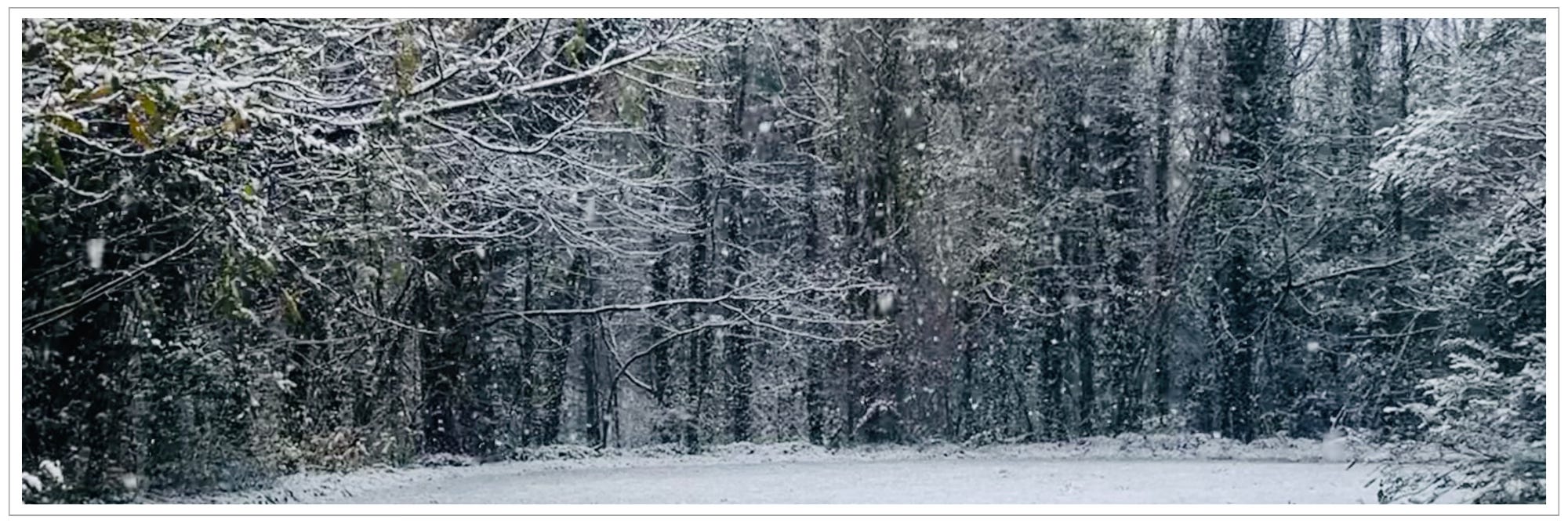
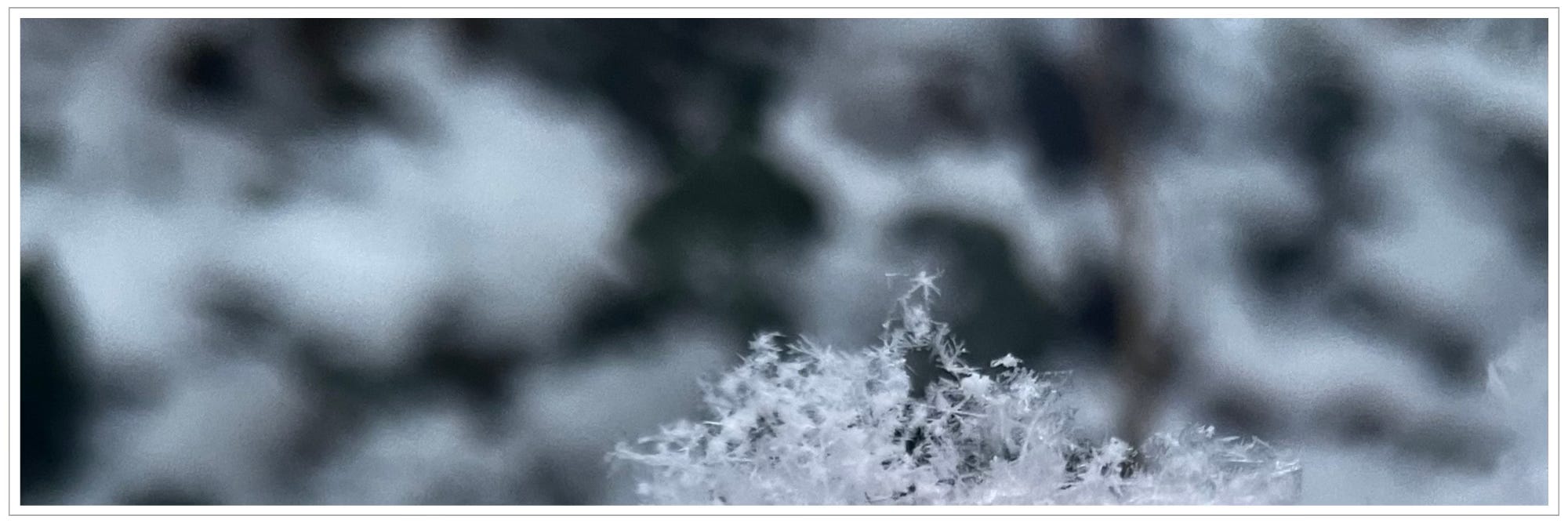

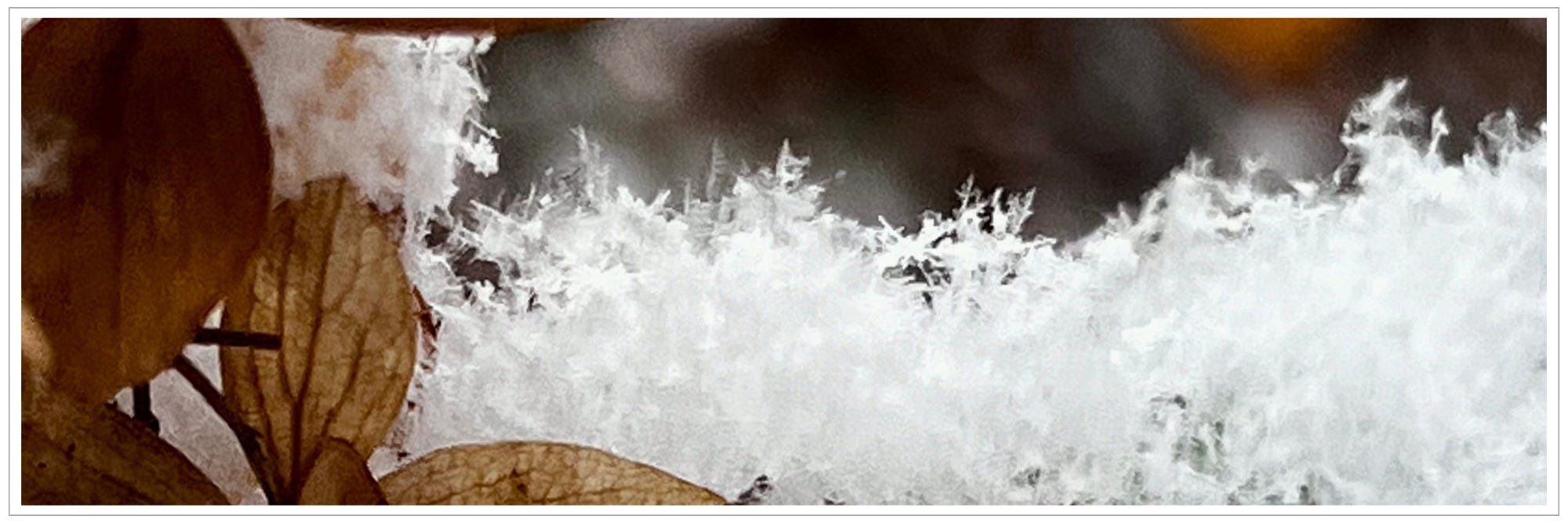
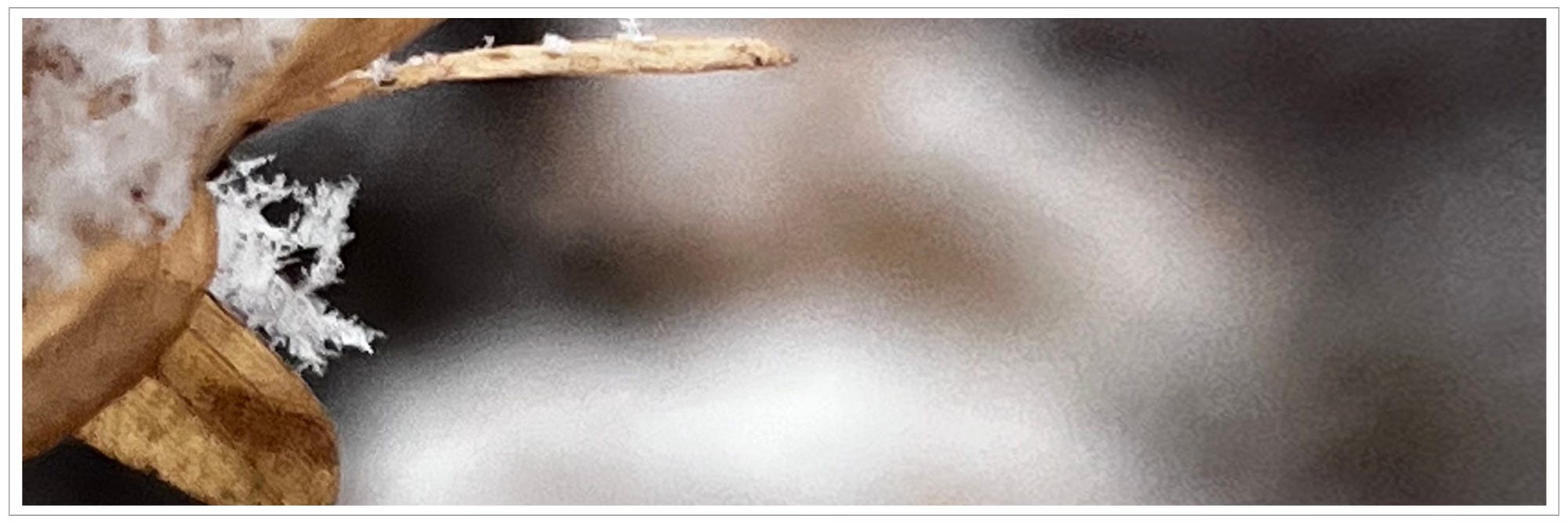
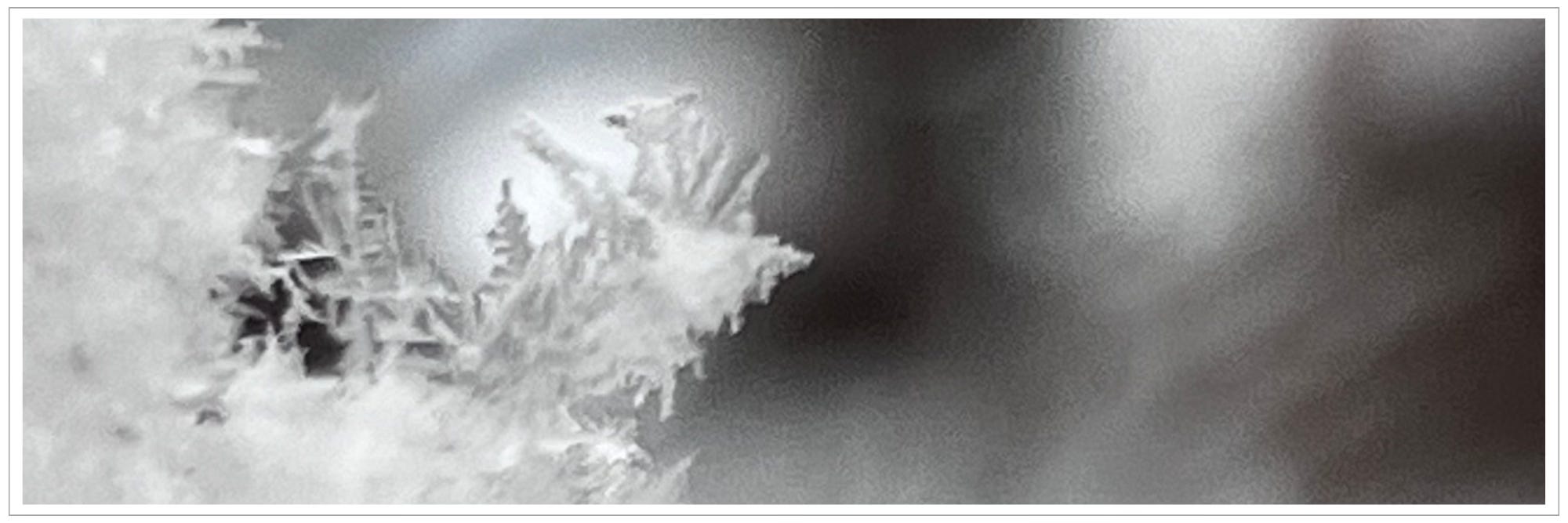
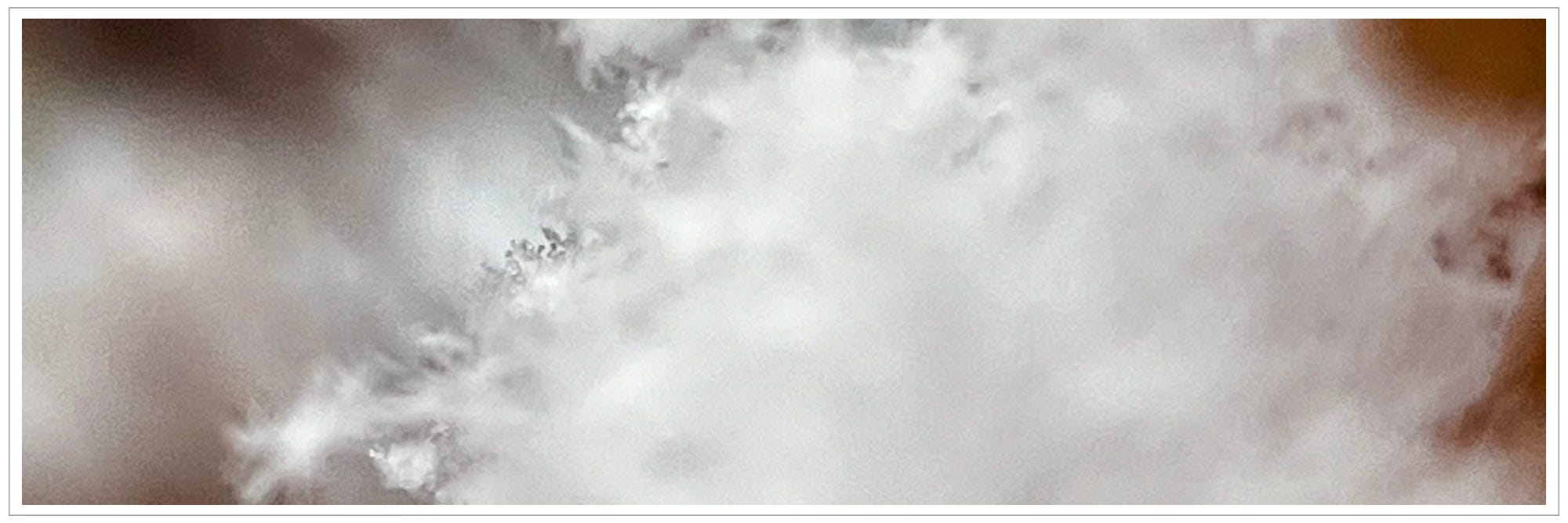

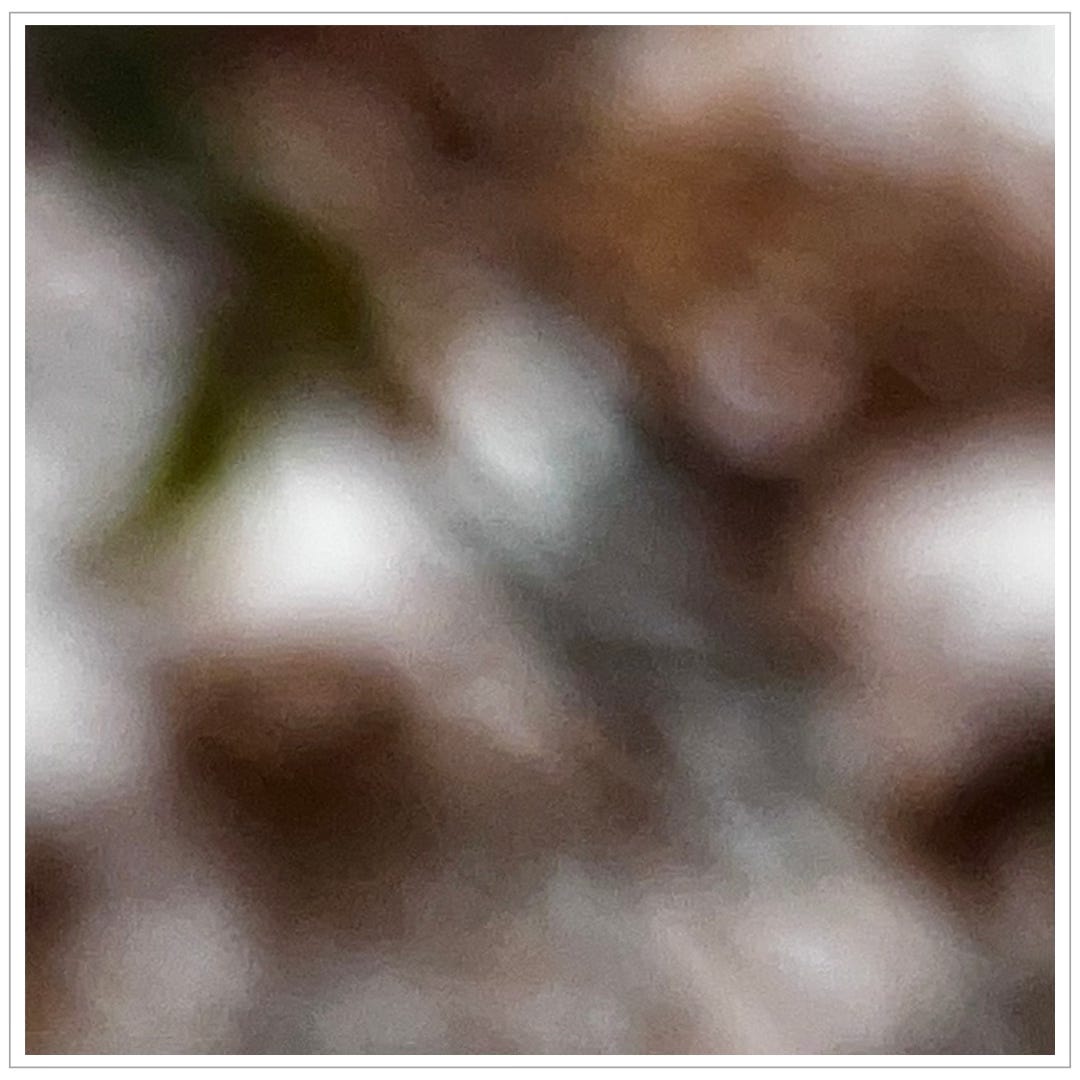

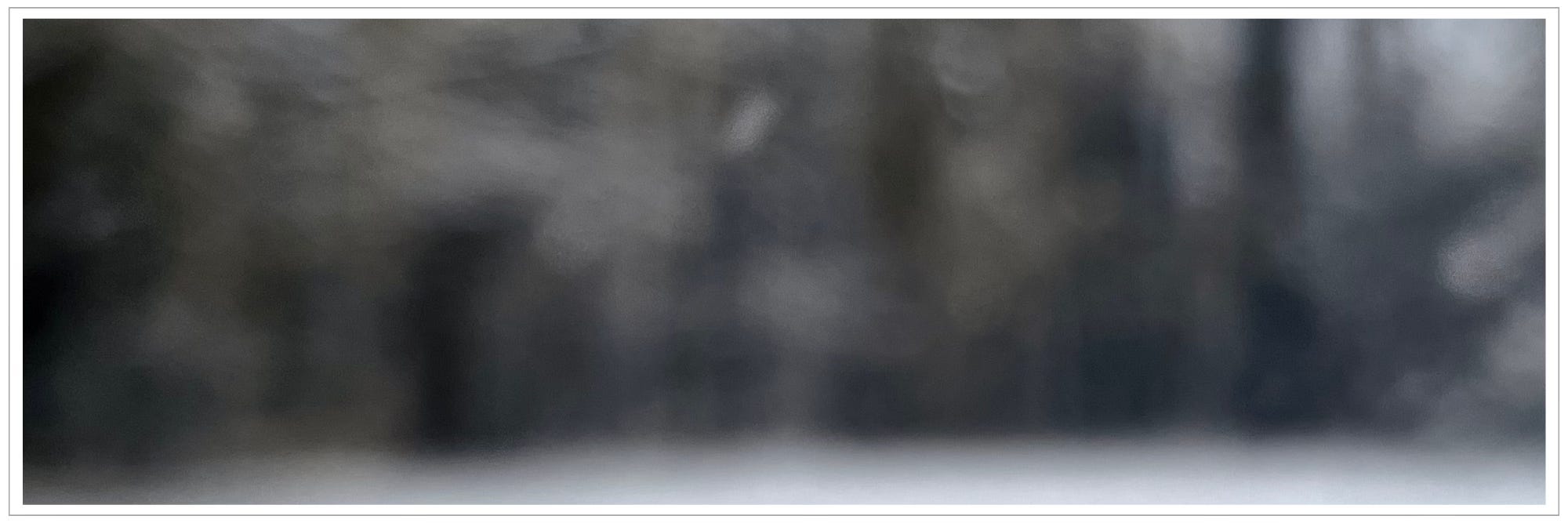
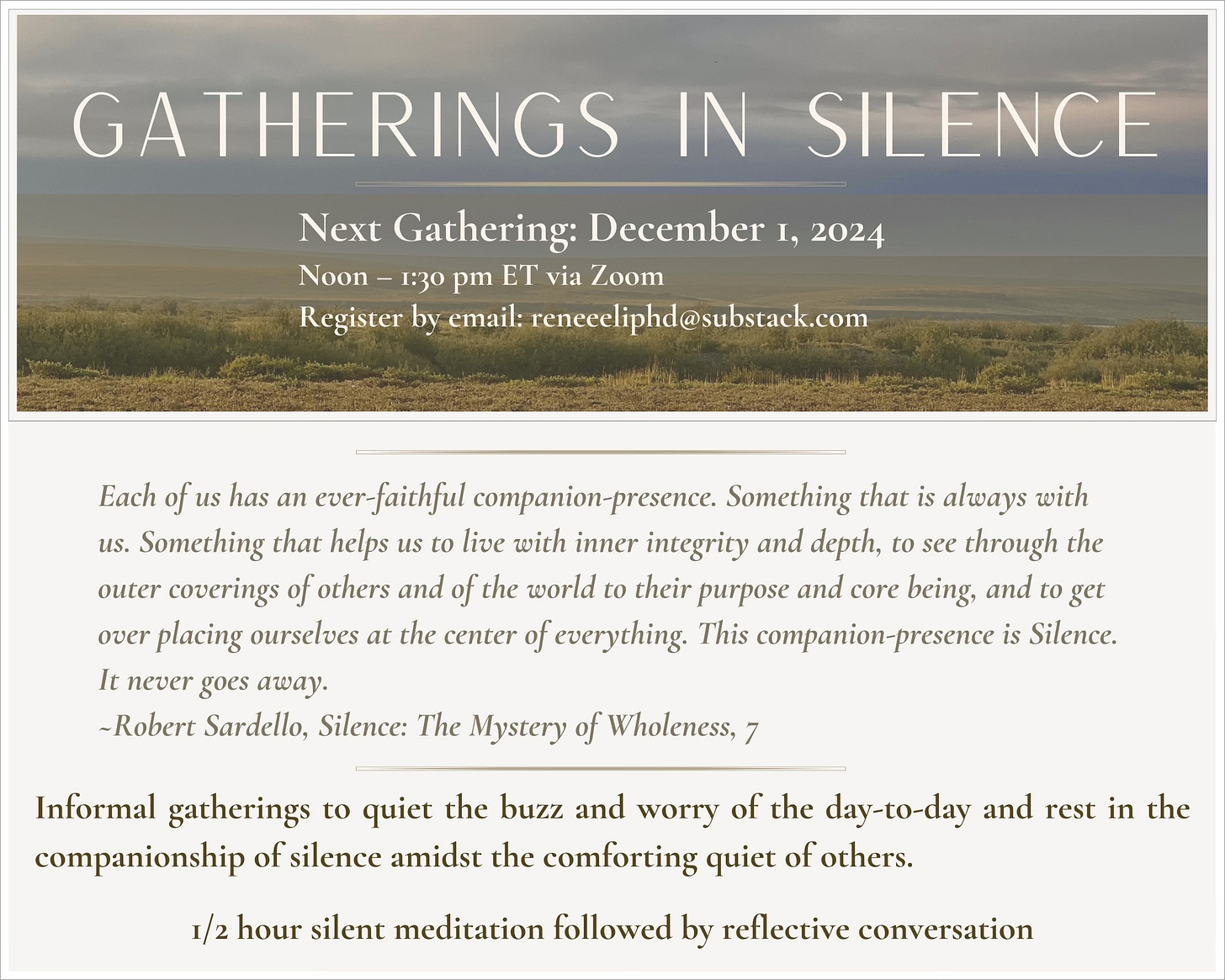
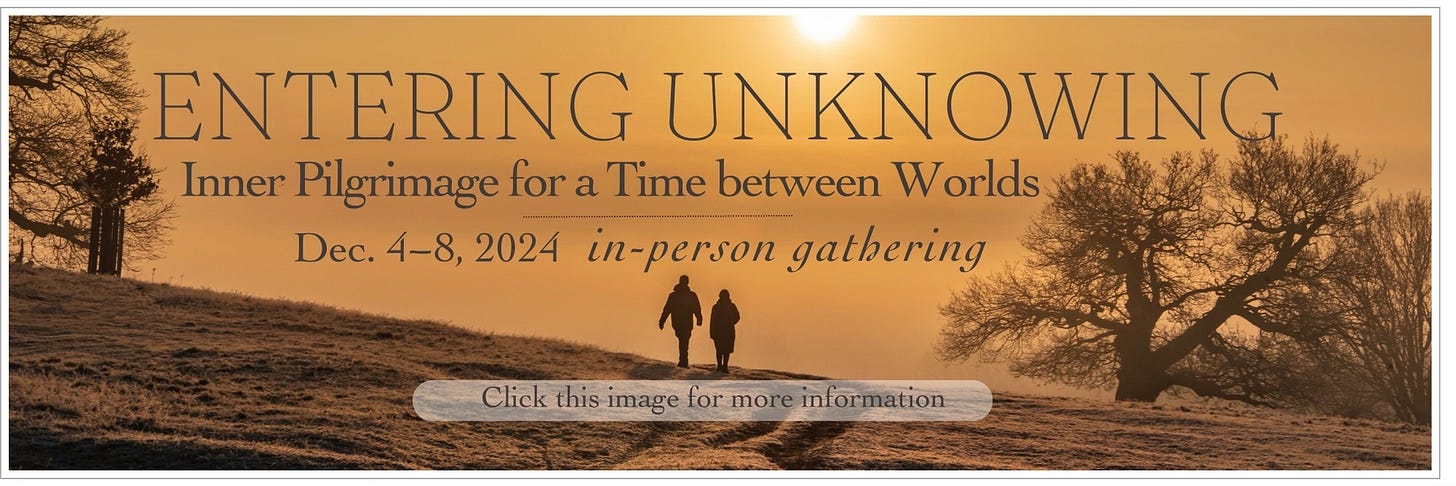
As I bade my mind to be silent, and read your words, and view your images, I feel my heart open and I enter my body fully. The “I” that enters is who/what?? ….. the bird song, twisted pulp, root and vein webs, death, life’s pulse, kindness, otters, pain and sorrow, guilt, aroma of coffee, all at-once-ing in and through me as yes, “the heart’s intimacy with all things,” and my body with yours, and ours. 💞
I love the quiet meditative feel of this, like Rilke’s “widening circles” around a primordial center. Thank you for your welcome. I had a sense, two days after the election, that it’s time once again for more soul work. These summons come in waves, following disruptions or great loss. Grief softens and cracks open my surface engagement with the world.